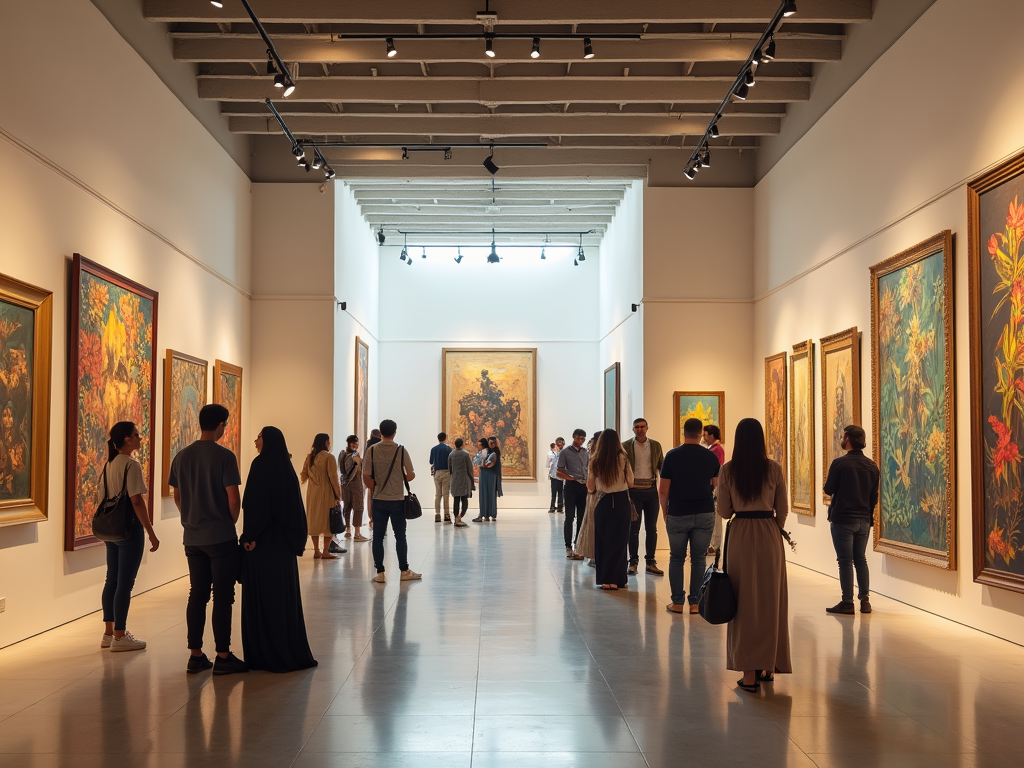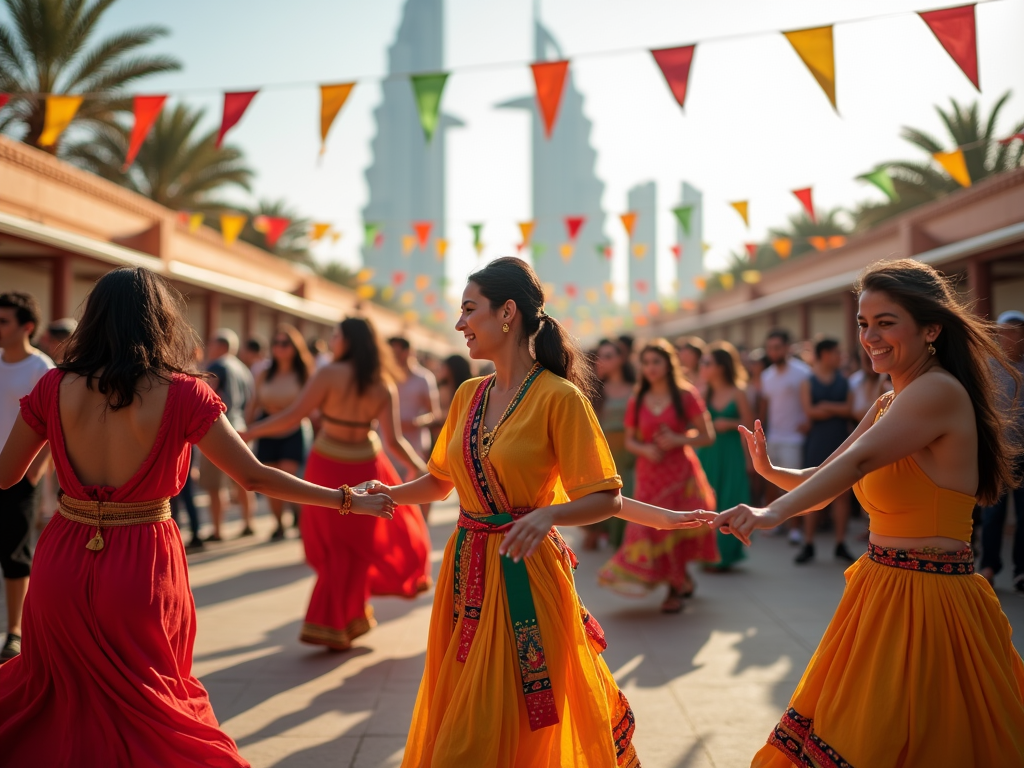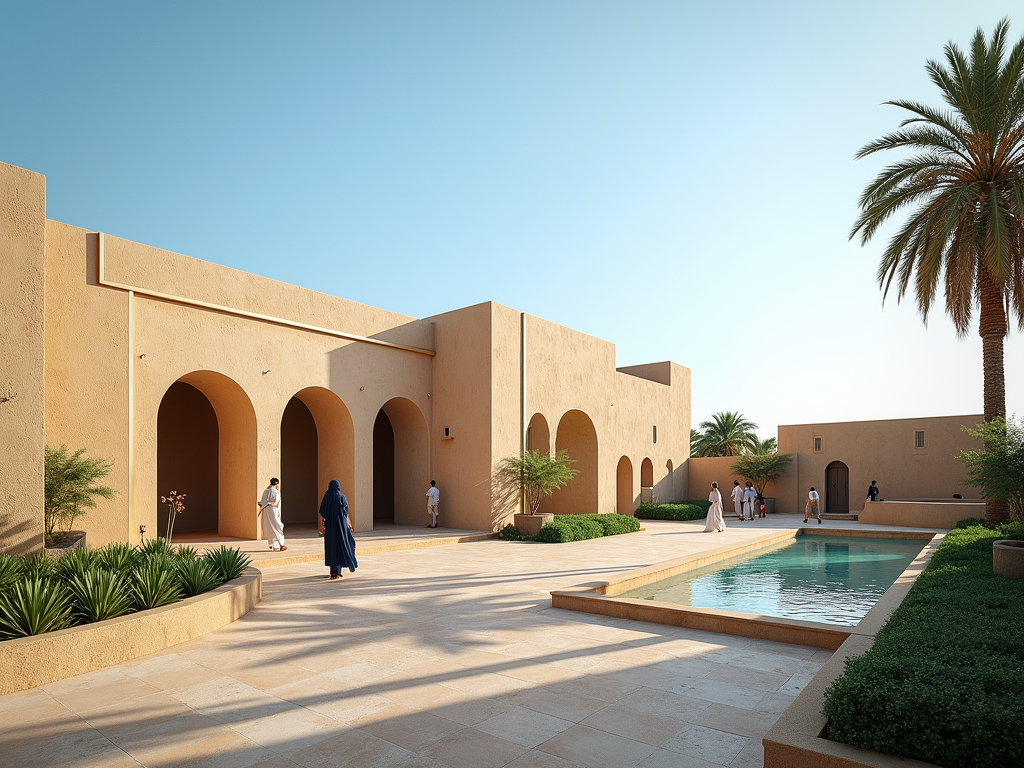Investment Trends in Dubai’s Cultural Tourism Market

Dubai’s cultural tourism market has emerged as a vibrant sector that is attracting significant investments. As a melting pot of diverse cultures and a strategic location for international travel, the city has positioned itself as a leading destination for cultural tourism. This article will explore the current investment trends, opportunities, and the challenges facing this burgeoning market, as well as the initiatives taken by both public and private sectors to enhance cultural experiences in Dubai.
Growth of Cultural Tourism in Dubai

The growth of cultural tourism in Dubai has been fueled by several key factors that highlight the city’s commitment to this sector. The UAE government has actively invested in various cultural initiatives and infrastructures, aimed at attracting tourists interested in art, history, and heritage. Landmark projects such as the Louvre Abu Dhabi, Dubai Opera, and various art districts like Alserkal Avenue showcase the modern cultural landscape that Dubai has to offer. Moreover, the recent cultural events, such as the annual Dubai Art Season and the Emirates Airline Festival of Literature, contribute to showcasing not only local talent but also international creatives. As a result, the number of cultural tourists visiting Dubai has skyrocketed, creating a rich ecosystem for investment opportunities within the sector.
Key Investment Opportunities

As Dubai continues to enhance its cultural tourism sector, several key investment opportunities have emerged, attracting both local and foreign investors. For those looking to capitalize on this growing market, here are some principal areas of opportunity:
- Art Galleries and Exhibition Spaces: With a growing number of art fairs and exhibitions, investment in galleries and exhibition spaces is on the rise.
- Cultural Heritage Sites: Restoration and development of cultural heritage sites offer promising returns while preserving Dubai’s rich history.
- Museums and Educational Institutions: Establishing museums and cultural-focused educational institutions can attract both visitors and residents.
- Entertainment Venues: Investment in theatres, performance spaces, and venues for cultural festivals enhances the tourist experience.
- Culinary Tourism: Emphasizing local gastronomy through restaurants, food festivals, and culinary tours can significantly boost cultural tourism.
Despite the flourishing opportunities, the cultural tourism market in Dubai does face several challenges that investors need to be aware of. One of the main hurdles is the competition from other leading cultural hubs, which means Dubai must constantly innovate to attract tourists. Moreover, the perception of Dubai as overly commercial can overshadow its cultural offerings. Sustainability is another pressing concern, as the influx of tourists should not compromise the cultural integrity of heritage sites. Additionally, there is a need for more local talent to be nurtured in various cultural fields to ensure authenticity in cultural offerings. Lastly, regulatory frameworks and funding for cultural initiatives can sometimes be complex, requiring investors to navigate administrative challenges effectively.
Public and Private Sector Initiatives
To overcome challenges and capitalize on growth opportunities, both public and private sectors are launching innovative initiatives within Dubai’s cultural tourism market. The Dubai Culture and Arts Authority (DCAA) is pivotal in formulating strategies to boost cultural events and oversee the development of artistic talent. Simultaneously, private investors are collaborating with governmental bodies to fund and develop new cultural spaces and programs. For example, initiatives such as Art Dubai and the Dubai Design Week aim to promote local artists while attracting global interest. Furthermore, partnerships with international museums and cultural institutions enhance Dubai’s credibility as a cultural tourism destination. Collectively, these initiatives highlight the commitment to sustainable growth in the cultural tourism sector.
Conclusion
Dubai’s cultural tourism market presents an array of investment opportunities supported by robust government initiatives and a vibrant local population. While there are challenges to navigate, the commitment of all stakeholders to foster a rich cultural environment ensures that Dubai remains at the forefront of global cultural tourism. As the city continues to innovate and invest, it is poised to become a cultural tourism leader, attracting millions of visitors while enriching its cultural narrative.
Frequently Asked Questions
1. What are the benefits of investing in Dubai’s cultural tourism market?
Investing in Dubai’s cultural tourism market offers benefits such as high returns due to increasing tourist numbers, opportunities for growth through government initiatives, and the ability to contribute to the preservation and promotion of culture.
2. Which cultural events attract the most tourists in Dubai?
Major cultural events like Art Dubai, the Emirates Airline Festival of Literature, and Dubai Opera performances attract significant tourist attendance, providing excellent marketing opportunities for investors.
3. How does the government support cultural tourism in Dubai?
The Dubai government supports cultural tourism through various initiatives, including funding for arts and heritage projects, establishing cultural districts, and promoting events that showcase local talent and heritage.
4. What role do private investors play in cultural tourism development?
Private investors contribute to cultural tourism development by funding projects, collaborating on cultural initiatives, and enhancing the visitor experience through entertainment venues and art spaces.
5. Are there specific regulations regarding investments in cultural tourism?
Yes, investors must adhere to local regulations that govern tourism, cultural preservation, and business operations. It is advisable to consult with legal experts to ensure compliance with all local laws.